On the occasion of the 60th anniversary of the Provincial Border Guard's Traditional Day (April 15, 1965 - April 15, 2025), Gia Lai Newspaper reporters interviewed Colonel Ro Mah Tuan - Party Secretary, Political Commissar of the Provincial Border Guard about the achievements of the unit as well as the direction and tasks in the coming time.
Member of the Party Central Committee, Secretary of the Provincial Party Committee, Chairman of the Provincial People's Council Ho Van Nien (3rd from left) and leaders of the Provincial Border Guard Command talk with prestigious people in the border area (photo provided by the unit).
* Reporter: Can you summarize the achievements that the provincial Border Guard force has achieved in 60 years of building, fighting and growing?
Colonel Ro Mah Tuan (photo provided by the unit).- Colonel Ro Mah Tuan: In order to build and develop the armed security force to serve the combat on the Southern battlefield in general, and the Central Highlands Front (B3) in particular, on April 15, 1965, the People's Armed Police Command (now the Border Guard Command) mobilized a number of experienced officers from the Northern provinces to support Gia Lai province. This was an important basis for the Border Guard Command to decide to recognize April 15 every year as the Traditional Day of the Gia Lai Provincial Border Guard.
Implementing the Resolution of the Gia Lai Provincial Party Committee on building forces to prepare for fighting the US, around mid-July 1965, the Provincial Security Department consolidated and rearranged the forces, established the Armed Security Subcommittee called B8, along with perfecting the Security Department in the zones and establishing 2 armed security teams in Zone 8 (present-day An Khe town) and Zone 9 (present-day Pleiku city). Thus, in terms of the organizational system, by July 1965, the Gia Lai Armed Security force had been organized synchronously at all 3 levels. Specifically, in the province there was an Armed Security Subcommittee (under the Provincial Security Department) and an Armed Security Company doing protection work; in the zones there were cadres in charge of eliminating evil and traitors; Zones 8 and 9 had Armed Security Reconnaissance Teams.
Immediately after being reorganized, the Gia Lai Armed Security Force closely followed the locality, relied on the masses, bravely, flexibly, boldly, and unexpectedly carried out activities to destroy evil, eliminate traitors, protect the people, break the shackles, gain control, and contribute with the army and people of the whole country to defeat all the enemy's insidious plots and war tricks. In the 10 years since its establishment, the Gia Lai Armed Security Force has participated in hundreds of large and small battles, destroyed 562 enemies, injured 314, and captured 211, contributing to the liberation of the South and the reunification of the country.
The country was unified, but the threat of invasion and post-war anti-revolutionary plots still existed in all areas from the border to the interior. On the border, the genocidal Khmer Rouge group continuously committed acts of aggression, raids, encroachments, and killings of innocent civilians, seriously violating the country's territorial sovereignty and border security.
At the same time, in all areas, the remnants of the puppet army, puppet government and FULRO reactionaries were supported by hostile forces to step up their sabotage activities. In order to promptly suppress and eliminate the seeds of internal and external invasion, the Gia Lai Armed Security Forces closely coordinated with other forces to focus on sweeping and arresting 200 villains, puppet soldiers and puppet government who refused to present themselves to the revolutionary government, confiscating 115 guns of various types along with many other important means and documents.
After the country's reunification, in the face of numerous shortages, with the close and timely leadership and direction of the Party Committee, the People's Armed Police Command, and local Party committees and authorities, the Gia Lai People's Armed Police force both urgently consolidated its organization and deployed its stations, and quickly began to carry out its tasks of managing and protecting the integrity of territorial sovereignty and national border security, and fighting to prevent all plots and sabotage tricks of internal and external enemies.
One of the milestones of the provincial Border Guard on the 60-year journey of building, fighting and growing up was the fight against the Khmer Rouge invaders that lasted for more than 10 years with glorious feats. Here, the officers and soldiers wearing green uniforms realized their "oath to protect the land" through decisive battles surrounded by the enemy. The blood of our fathers and brothers was shed in the trenches, seeping into every inch of the sacred land of the Fatherland for the country to revive.
A typical example is the 9-day and night battle (from June 18 to 26, 1978) of Border Post 649 (now Le Thanh International Border Post, Duc Co District) surrounded by a fully equipped Khmer Rouge battalion. In this deadly battle, our troops coordinated "inside and out, outside and in" to eliminate dozens of enemies from the battle, confiscate and destroy many enemy vehicles and weapons.
* Reporter: In recent times, the provincial Border Guard force has made important contributions to the socio-economic development of the province, especially in the border area. Could you elaborate on those contributions, Colonel?
- Colonel Ro Mah Tuan: The provincial Border Guard force is assigned to manage and protect the 80.485 km long border section adjacent to Ratanakiri province (Kingdom of Cambodia). This is an area with harsh weather conditions, rugged terrain, and the border is in the process of planning, demarcation, and marker planting. Up to now, the border area of Gia Lai province has 7 communes in 3 districts (Duc Co, Chu Prong, Ia Grai) with 11,937 households/50,028 people of 20 ethnic groups living together.
Over the past time, officers and soldiers of the provincial Border Guard have united, overcome difficulties, closely coordinated with the province's functional forces to successfully carry out the "dual task" of both managing and protecting the border and effectively participating in the prevention and control of the Covid-19 pandemic, which has been recognized and highly appreciated by local Party committees, authorities and people.
The provincial Border Guard has also implemented many programs, projects, models, and tasks to contribute to building and consolidating political strength at the grassroots level, developing the socio-economy, and strengthening national defense and security in the border areas. Notable programs include "Helping children go to school", "Adopted children of Border Guard stations", "Shelters for the poor in the border areas", "Friendship solidarity houses", "Breeding cows for the poor", "Border spring warms the hearts of the villagers", "Solidarity Tet, love spring", "Accompanying women in the border areas"...
Along with that, the units have implemented good and creative methods such as: "Charity kitchen", "Say no to child marriage" club, literacy classes, wet rice demonstration, eliminating temporary and dilapidated houses, caring for the lives of the poor, leaving no one behind, associated with the campaigns "All people unite to build a cultural life", "Join hands to build new countryside".
The image of the Border Guard soldiers who are devoted day and night to their bases, proactively fighting against crime and guiding people to implement economic models, teaching literacy, providing medical examination and treatment, etc. is always imprinted in the minds of every border resident, contributing to enhancing the noble qualities of Uncle Ho's soldiers in the new era, creating the foundation for building an increasingly strong people's border defense.
In addition, the provincial Border Guard has promoted border diplomacy, actively advised and directly carried out foreign affairs between the authorities and people on both sides of the border, contributing to building a peaceful, friendly, stable, cooperative and developing border.
Officers and soldiers of Ia Puch Border Guard Station (Chu Prong district) patrol to protect the border (photo provided by the unit).
* Reporter: Promoting the glorious tradition of the past 60 years, what will the officers and soldiers of the Provincial Border Guard do to continue writing glorious pages of the unit's history in the new era, Colonel?
- Colonel Ro Mah Tuan: After 60 years of building, fighting and growing, Gia Lai Provincial Border Guard was twice awarded the Second Class Fatherland Protection Medal by the Party and State, 3 collectives were honored to be awarded the title of Hero of the People's Armed Forces and many other noble awards. Looking back on the past, each officer and soldier of the Provincial Border Guard today is always proud of the tradition of the previous generation and vows to strive and devote themselves to the beloved border.
The officers and soldiers of the provincial Border Guard are determined to overcome all difficulties and hardships, firmly protect the sovereignty and security of the national border in all situations and be absolutely loyal to the Party, the Fatherland and the People; be vigilant, resourceful and brave in combat, determined to defeat all enemies, resolutely fight against all types of crime, excellently complete all assigned tasks; contribute to maintaining international solidarity, building a peaceful and friendly border with our friendly country Cambodia.
At the same time, the officers and soldiers of the provincial Border Guard must unite to build a strong and clean Party organization, a comprehensively strong "Exemplary" unit, closely attached to the people; coordinate with the Party Committee, the government and other sectors and forces to promote the combined strength in building and protecting the border.
* Reporter: Thank you, Colonel!
Source: https://baogialai.com.vn/quyet-tam-bao-ve-vung-chac-chu-quyen-an-ninh-bien-gioi-quoc-gia-post318949.html


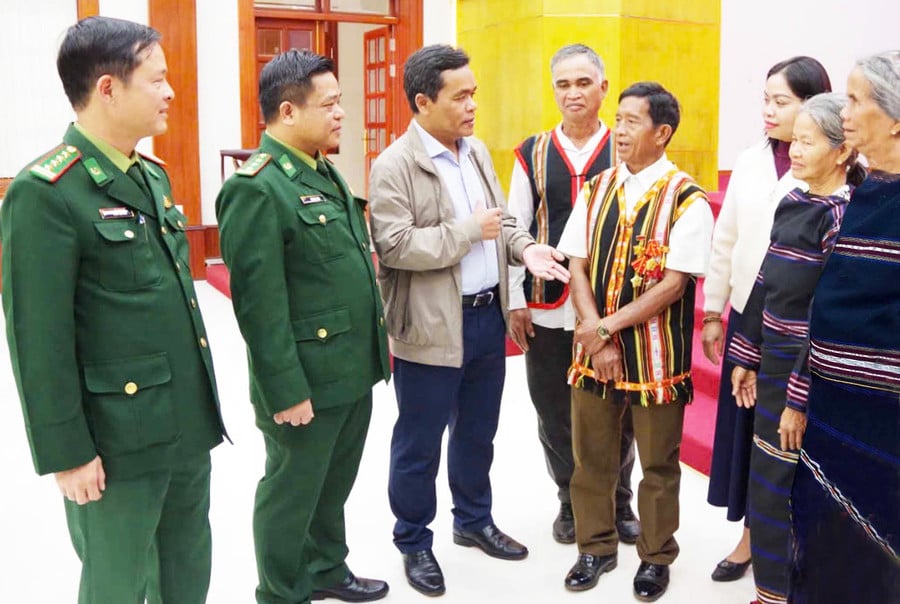
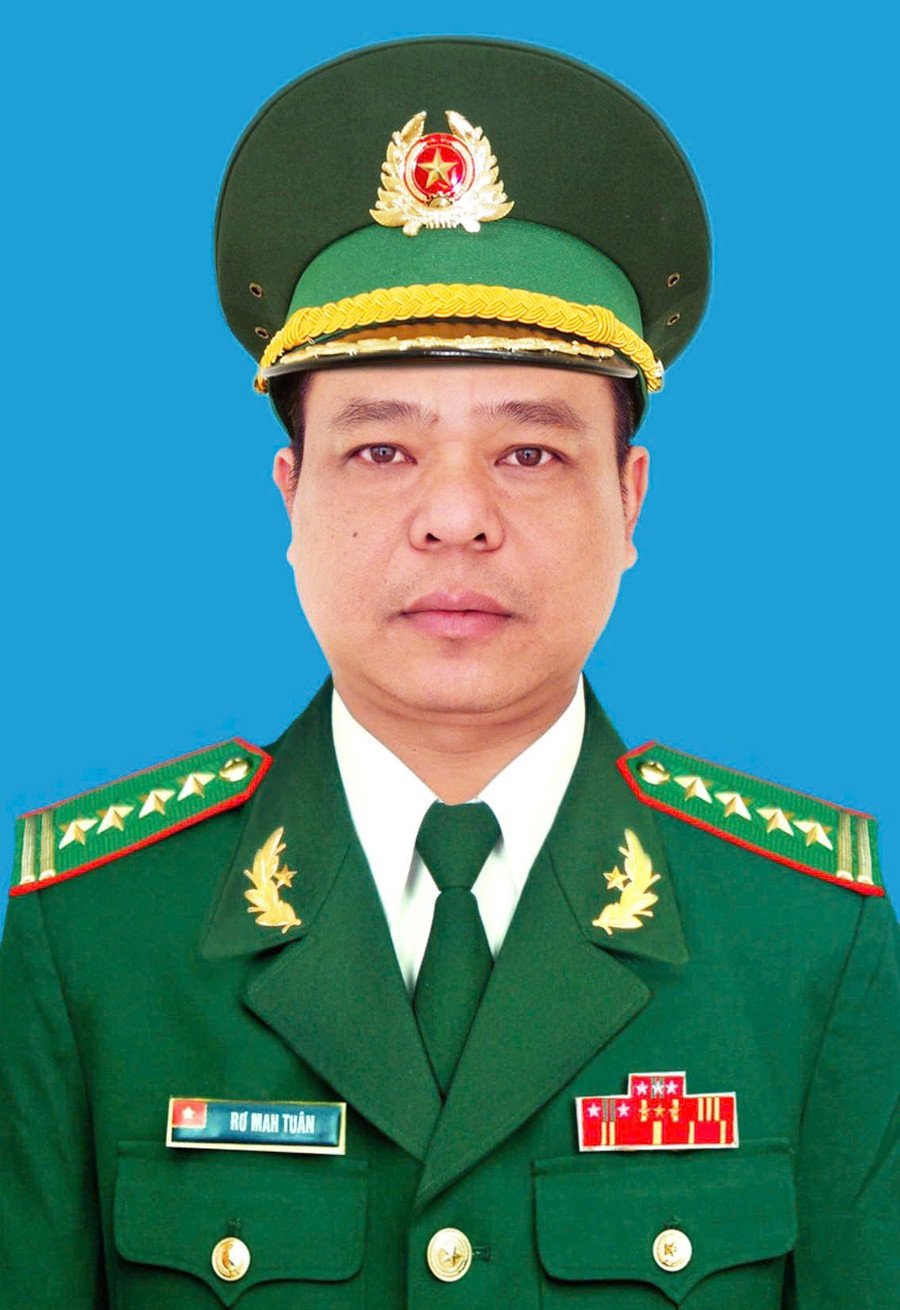
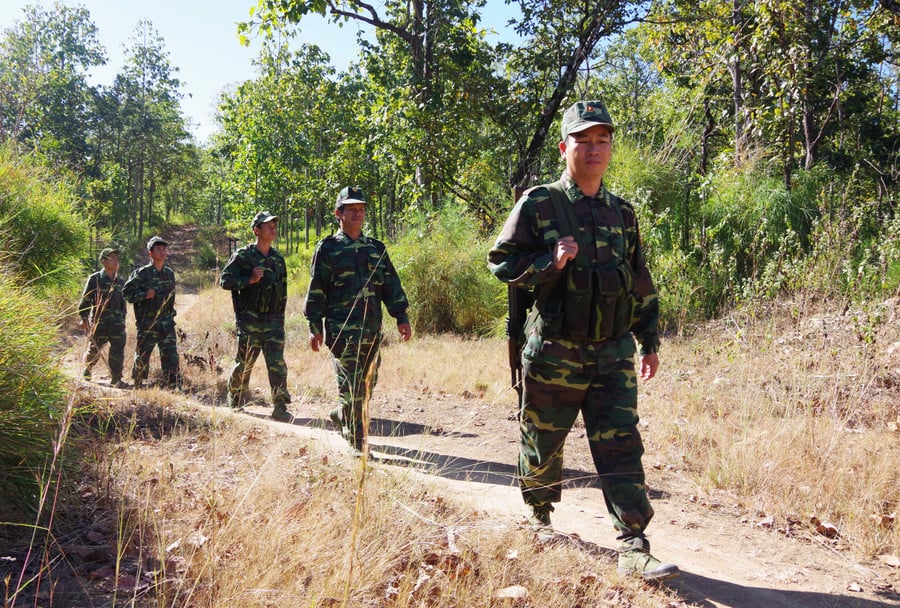

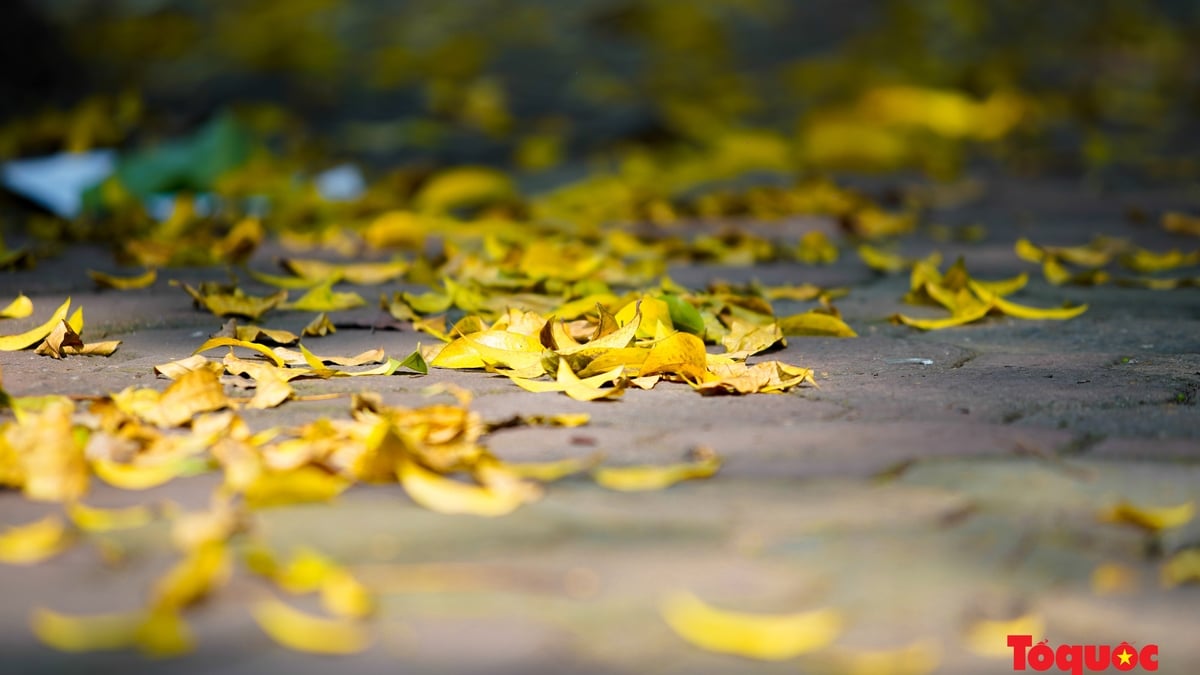


![[Photo] Prime Minister Pham Minh Chinh meets with US business representatives](https://vphoto.vietnam.vn/thumb/1200x675/vietnam/resource/IMAGE/2025/5/13/5bf2bff8977041adab2baf9944e547b5)
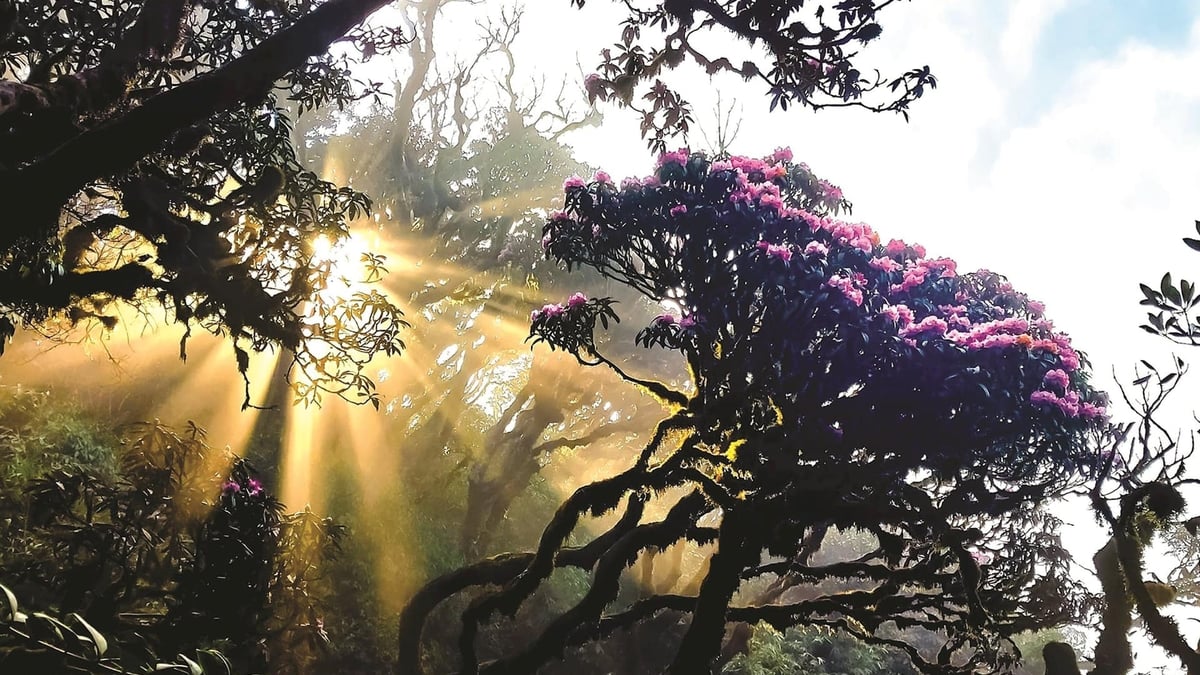


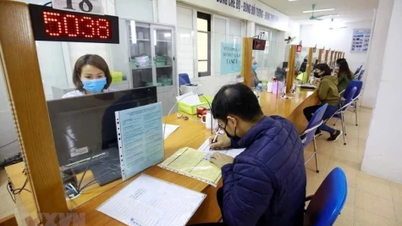
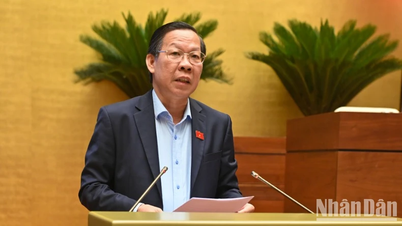
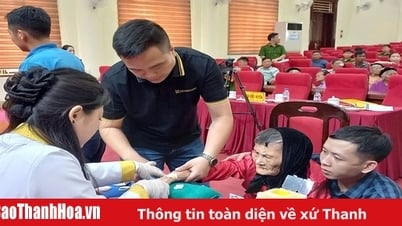
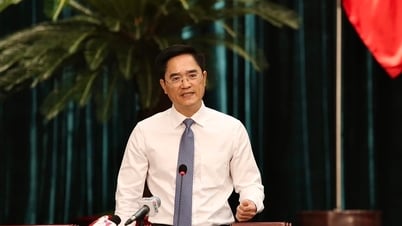




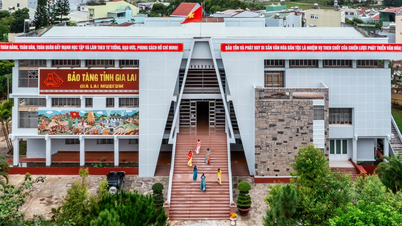
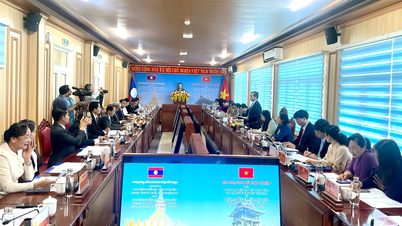
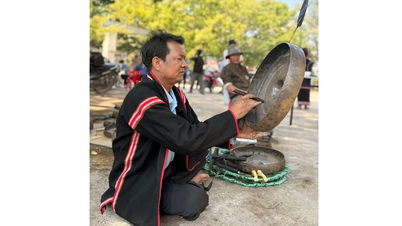
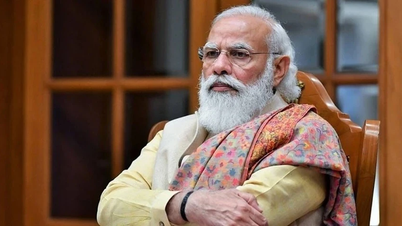
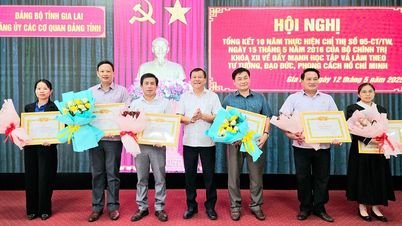
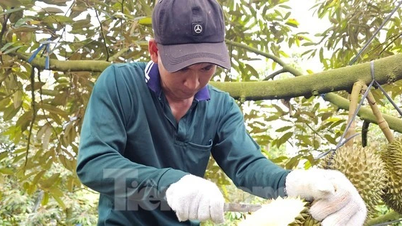
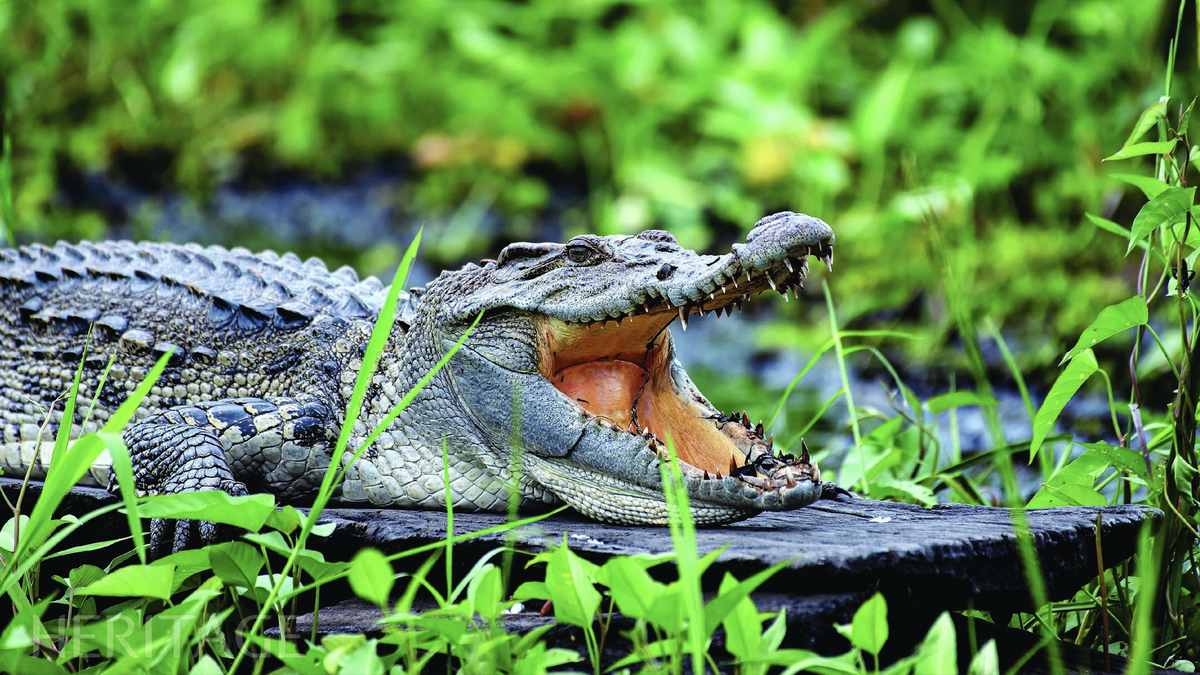
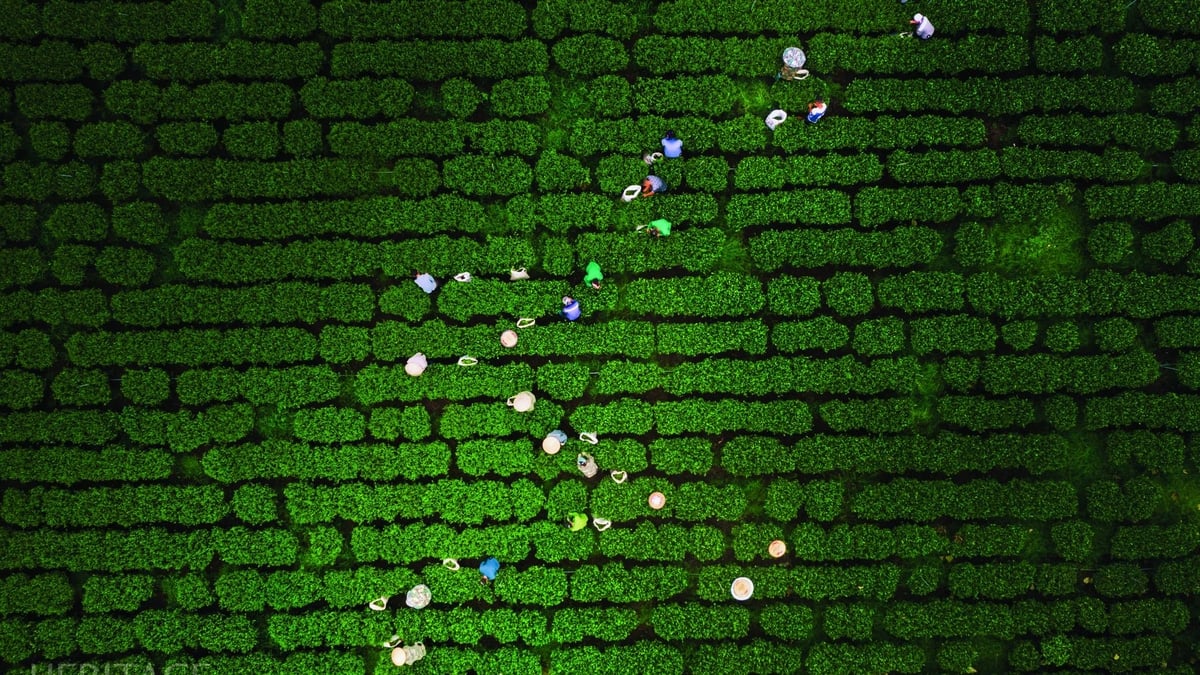







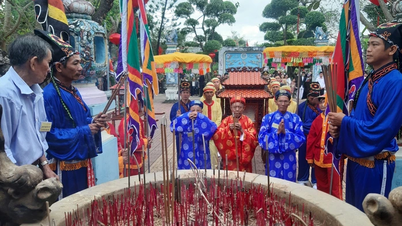

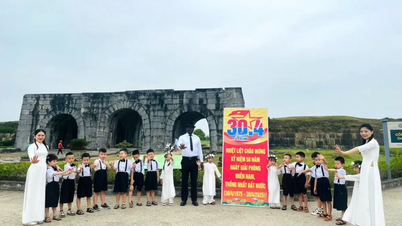







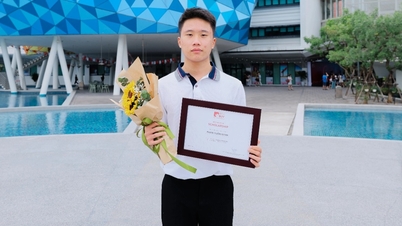





















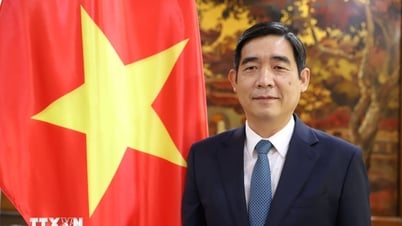
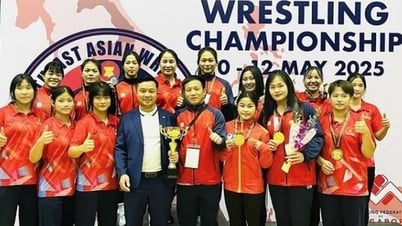


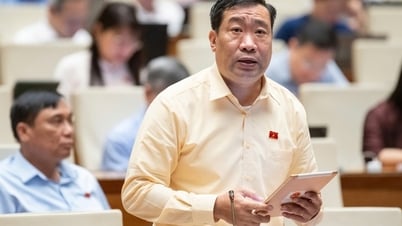
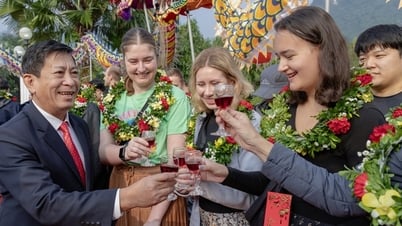


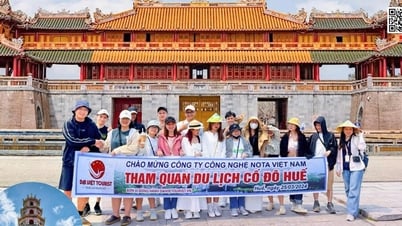


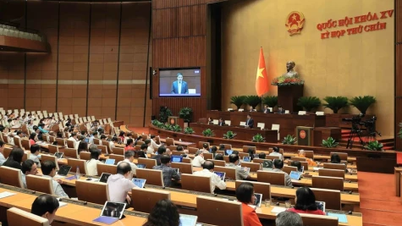


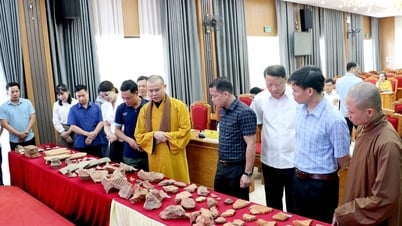










Comment (0)